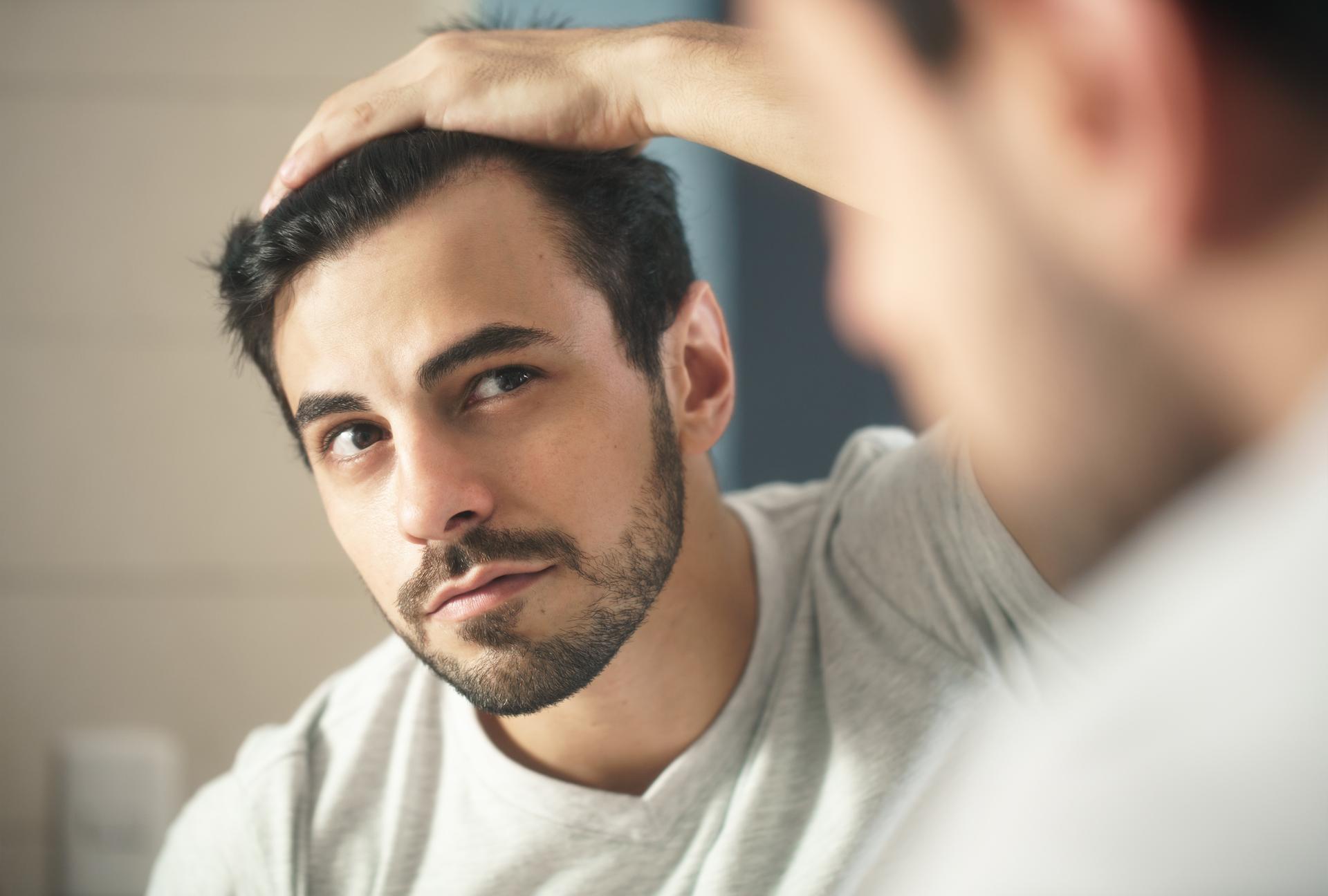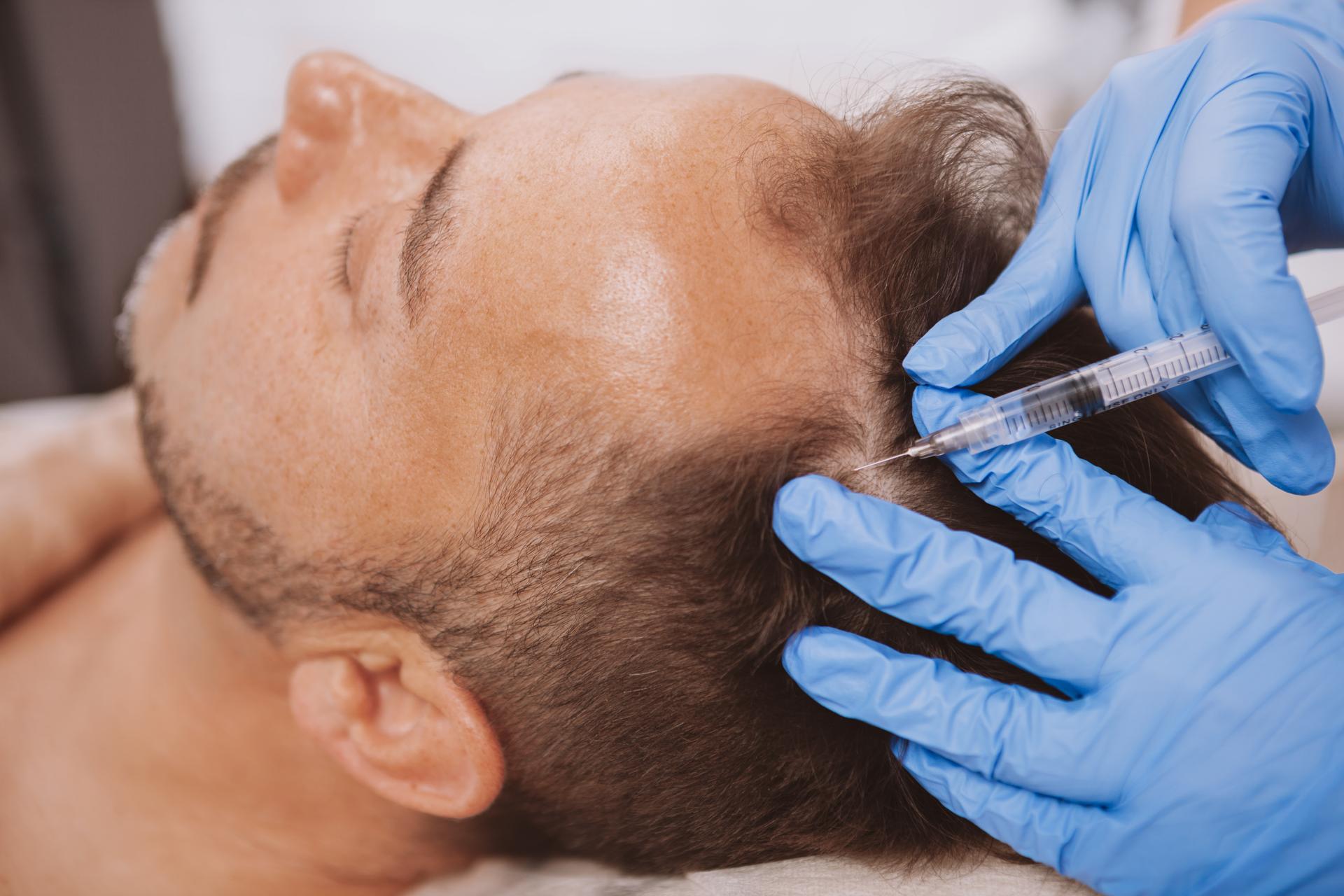Hair loss is a common condition experienced by millions worldwide. Up to 40% of females and 85% of males are affected by hair loss. Some of the key triggers of hair loss include stress, hormonal imbalance, poor diet and lifestyle choices, family history or genes, immune disorders, side effects of medication, etc. Fortunately, hair loss treatments have evolved, ensuring painless, non-invasive, and effective results for hair loss patients due to innovation and technology. One such evolution scientists and medical professionals have found to be effective is laser cap therapy, which uses an innovative technology called Low Level Light Therapy (LLLT).
How do laser therapy caps work?
To understand how laser hats work, it is imperative to understand what Low Level Light Therapy (LLLT) is and how it is applied in laser therapy caps. Once used to treat hair loss induced by chemotherapy, LLLT is an innovative technology that uses laser emitting photons to stimulate the scalp tissues and enable weak cells to promote hair growth. The photons from the lasers enhance the flow of blood and nutrients to the scalp, thereby replenishing the hair follicles.
As the name suggests, a laser cap looks like your regular baseball cap, except that it is lined with low level laser diodes inside. The cap is to be worn for a few minutes a few times a week, as directed by your physician. When the cap is worn, it penetrates the scalp with a fine-tuned intensity and wavelength with red laser light. This light is absorbed by the cells within the hair follicles, further promoting hair growth. It can invigorate the cells and get the hair follicles out from their resting phase. This technology is safe and effective for both men and women.
What are the benefits of wearing a laser cap?
Laser cap therapy has no known side effects and has been proven to be a safe, effective way to treat genetic and age-induced hair loss. In addition, the laser cap is easy to use and suitable for home use.
Besides being used as a standalone therapy to treat hair loss, laser cap therapy can also be combined effectively with other surgical and medical hair treatment procedures. These include hair transplant surgeries, topical solutions like Minoxidil, as well as other treatments like finasteride, exosomal injections, micro-needling, and platelet-rich plasma (PRP). Medical experts believe that laser cap therapy can yield faster, positive outcomes when combined with other hair growth procedures.
The prime benefits of laser cap therapy include:
- It is pain-free and non-invasive.
- It is easy to use, suitable for most patients, and appropriate for home use.
- Laser cap therapy has got no known side effects.
- Studies prove that laser caps combined with other hair loss treatments can provide better outcomes.
- Laser cap therapy is an FDA-approved procedure.
- It is clinically proven to stimulate the hair follicles, resulting in thicker hair growth.
- It is not a time-consuming treatment. The cap can be worn just for a few minutes, for a few days a week.
Who is the ideal candidate for laser cap therapy? Does it work for everyone?
The results of laser hat therapy for baldness and hair loss may vary from patient to patient, depending on the hair loss type. Experts believe that the effectiveness of the low-level laser therapy ultimately depends on the health quality of the hair cells. However, the therapy is known to be effective in patients experiencing early stages of hair loss. Laser caps are also clinically proven to treat androgenetic alopecia by slowing down the hair fall and promoting new, thicker hair growth. The results of laser cap therapy require patience and consistency, as patients need to use the cap for several months before seeing any satisfactory results. Remember that the faster you get treatment for your hair loss, the better are your chances of preventing irreversible damage.
The effectiveness of laser cap therapy for hair loss will depend on the type and level of hair loss you are experiencing. Our experts at the New Jersey Hair Restoration Center (NJHRC) will be able to determine the hair loss type you are facing and can recommend the best treatment solution for you, along with lifestyle and diet changes, if required. NJHRC is among the best hair transplant providers in New Jersey, and we can guide you with the most suitable treatment options for your hair loss.


